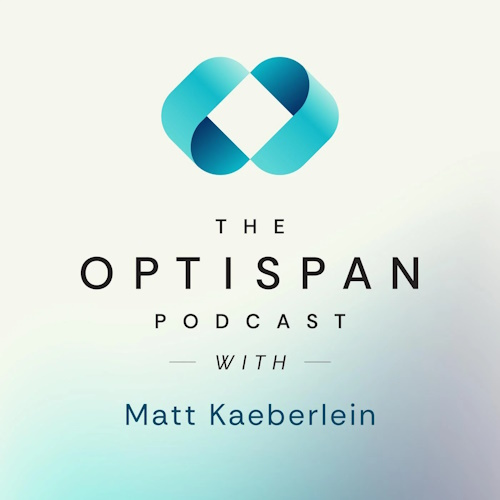How "light-sensitive" proteins are being used to fuel scientific discovery
Brandon Berry and Matt discuss the development and application of optogenetic tools
Optogenetics, a cutting-edge field combining optics and genetics, uses light-sensitive proteins from microorganisms to make specific cells or tissues responsive to light, allowing precise manipulation. Initially a powerful tool in neuroscience, it is now expanding into fields like endocrinology and muscle physiology. In this episode, researcher Brandon Berry discusses with Matt the development and application of optogenetic tools to manipulate mitochondrial function. He shares insights on engineering proteins for mitochondrial targeting, challenges in controlling mitochondrial charge, and the link between mitochondrial dysfunction, ageing, and longevity interventions. Brandon, formerly a postdoctoral researcher in Matt’s lab, is now working on a stealth project and holds a PhD in Physiology from the University of Rochester.
Key Points:
This episode explores the development and application of optogenetic tools with researcher Brandon Berry and Matt, focusing on manipulating mitochondrial function. They delve into the challenges of controlling mitochondrial charge, and the potential of optogenetics in longevity interventions like caloric restriction.
- Introduction to Mitochondria: The podcast covers the importance of mitochondria, the cell’s energy powerhouse, and their central role in ageing and diseases like heart attacks and strokes.
- Brandon Berry's Research: Researcher Brandon Berry shares his work on mitochondrial function and optogenetics, a technique that uses light to control biological processes within mitochondria.
- Optogenetics Explained: Optogenetics involves using light-sensitive proteins to manipulate specific cellular functions, originally used in neuroscience to control neuronal activity but now applied to mitochondria.
- Mitochondrial Membrane Potential: Berry discusses the crucial role of mitochondrial membrane potential, a charge gradient essential for energy production, and the effects of manipulating it using optogenetic tools.
- Mitochondrial Dysfunction and ageing: The podcast explores the link between mitochondrial dysfunction, ageing, and diseases, highlighting how changes in mitochondrial charge influence recovery from heart attacks, strokes, and ageing processes.
- Optogenetic Tools for Mitochondria: The development of "Mito on" and "Mito off" tools, which respectively increase and decrease mitochondrial charge, has helped researchers study the effects of altering mitochondrial function in living organisms.
- Applications in Hypoxia: Berry's research demonstrates how controlling mitochondrial membrane potential can improve survival in hypoxic conditions (low oxygen), offering insights into stroke and heart attack recovery.
- Caloric Restriction and Longevity: The episode touches on caloric restriction as a known intervention to extend lifespan, and Berry’s research shows that maintaining mitochondrial membrane potential is key to its success.
Visit website: https://www.youtube.com/watch?v=li8w4YZwpDo
See alsoDetails last updated 16-Sep-2024



